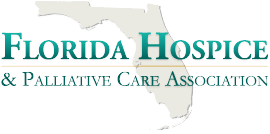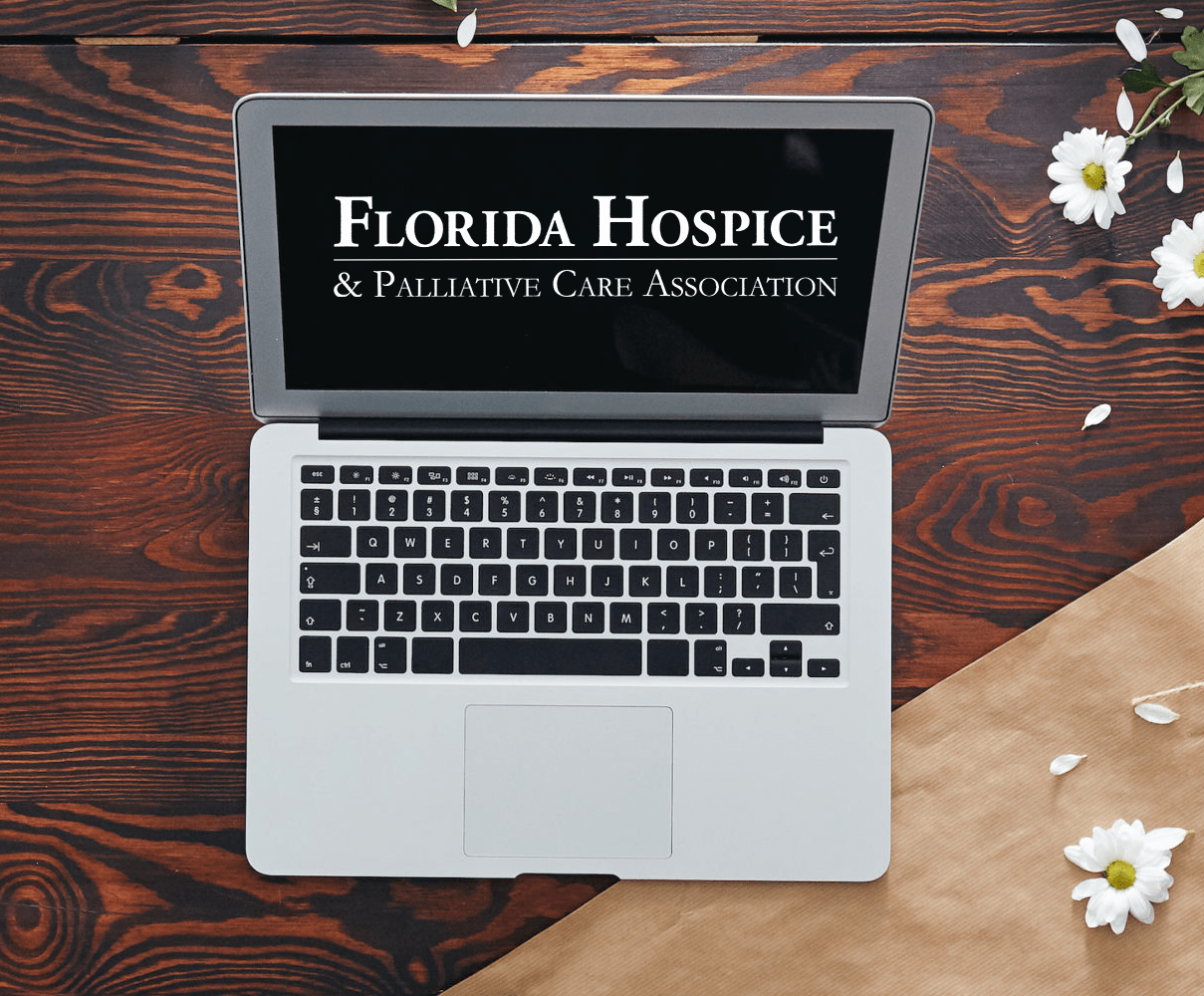Grief, Bereavement, & Family Support
Hospice family care addresses the needs of the family during the patient’s illness. Bereavement support starts at the first contact with hospice and continues throughout the patient’s illness and for 13 months following the death of a loved one.
It is natural to feel grief after the loss of a loved one. Grief is an emotional experience, but it is also a physical, intellectual, social, and spiritual experience. This is all part of bereavement.
Many hospice programs offer grief support groups for anyone who wishes to attend, regardless of whether the deceased was a hospice patient. These groups are often offered at no cost or for a small donation to the hospice.
Bereavement programs provide at least the following:
- Information about the normal grief process.
- Support to the grieving family and friends of the deceased through opportunities to talk about their loved one and the experience of caring for that person.
- Assistance to survivors as they learn to cope with their loss, including help with specific problems and referrals to other community resources when indicated.
- The range of reactions to the death of a loved one vary from person to person, but generally any means of coping with the death is normal with the exception of behaviors that put the individual or others at immediate risk.
Common responses to the death of a loved one include:
- Numbness and shock.
- A feeling of tightness in the throat or heaviness in the chest.
- Restlessness, with a tendency to wander around the house or familiar places.
- Crying easily, unexpectedly and intensely.
- Loss of appetite and a hollow feeling.
- Denial – an inability to accept the reality of the loss.
- Low energy level and difficulty in concentrating.
- Loss of interest in social activities or work.
- A fear that one is experiencing a mental illness.
- An increased number of some minor illnesses such as colds and the flu.
The bereavement staff of hospice programs are trained to handle grief issues. It is often important to hospice patients to know that their family and friends will be cared for in the emotional time just after death. Providing this support is always a part of the hospice plan of care, and makes hospice unique among health care providers.



